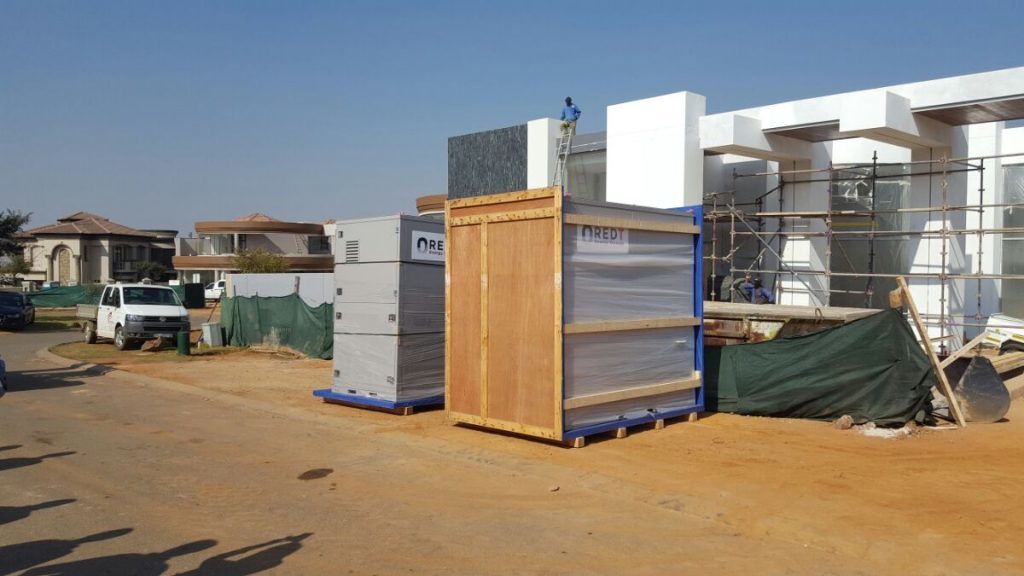
Energy storage technology company redT energy plc sells first ever lithium hybrid energy storage system to Monash University in Melbourne, Australia.
The system comprises a lithium battery capable of holding up to 900kWh of energy and will be used to power the University’s 11,400 m2 Biomedical Learning and Teaching building.
The project aims to integrate distributed renewables on Monash’s campuses to increase reliability and stability within the local grid and in the future, allow for innovative, market based peer-to-peer energy trading.
The flow machine within the system will act as the ‘workhorse’ supplying up to 80% of the power requirement while the lithium aspect of the battery will provide any residual power required.
The company, redT energy plc, who hold and office in Livingston, West Lothian and have recently won a number of partnership contracts for storage agreements in Europe and Southeast Asia.
Scott McGregor, CEO of redT energy, said: “The Australian market has recently embraced Lithium batteries as a very useful “Power” intensive technology, suitable for high power applications and infrequent use as these batteries degrade and cannot be cycled intensively.
“By contrast, flow machines are the most suitable technology for frequent daily use for many hours at a time. By combining these technologies, the customer gets a long term energy infrastructure solution which best matches their requirement for low cost, secure and clean energy.
“We believe that hybrid energy storage solutions such as this are a major development for the energy market as a whole and we are pleased to be at the forefront of this, launching this important project in Australia, one of the fastest growing energy storage markets globally. As a company, we pride ourselves on being innovators within the industry and this project is further evidence of the great strides we continue to make as a company.
“Australia has one of the highest domestic power prices in the developed world. Recent adoption of renewable generation at grid level will bring to Australia low cost generation, however this will require durable energy storage to overcome the inherent variability of renewables and deliver ‘firm’ 24*7 cheap power. In short, renewables coupled with energy storage are crucial to delivering long term, low cost, reliable and clean energy in Australia.”
Recommended for you
